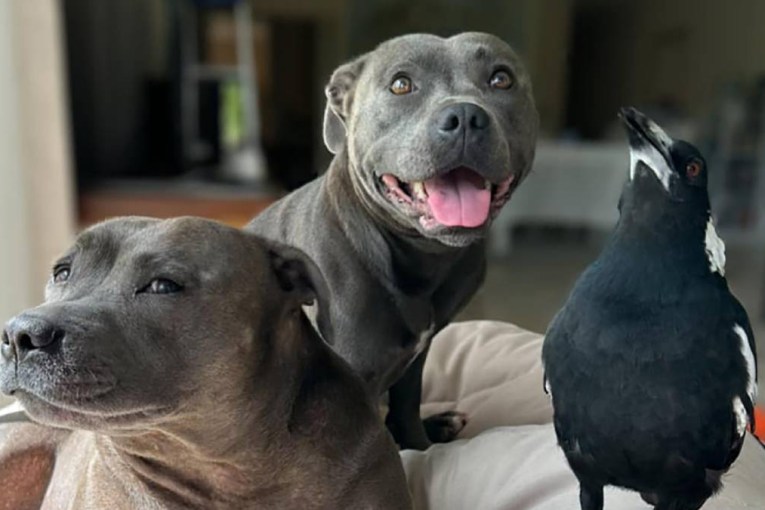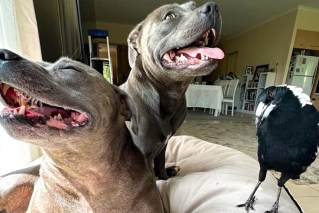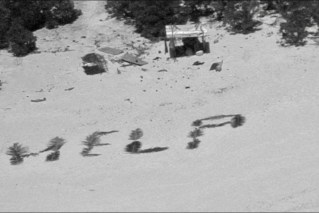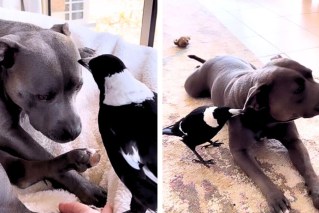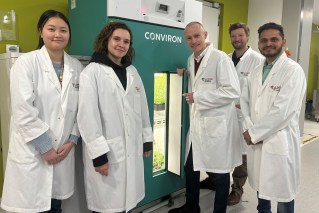New Australian drug gives hope to treat motor neurone disease

Australian researchers have developed a drug called CuATSM which has been found to slow the progression of motor neurone disease. Photo: AAP
Australian researchers have developed a groundbreaking drug which holds hope of treating the debilitating and fatal motor neurone disease.
The result of 15 years of work has been tested on 32 patients in Melbourne and Sydney and showed it could slow the progression of the disease, rather than just treat the symptoms.
“It is a huge breakthrough,” Professor Ashley Bush, chief scientific officer of collaborative medicinal development and director of the Melbourne Dementia Research Centre, said on Friday.
“This is the first human evidence for a disease-modifying drug for motor neurone disease,” he said.
“We look forward to confirming the positive results in a larger study soon.”
After six months, the copper-delivery drug CuATSM showed the progression of the disease in patients slowed by about 70 per cent.
Participants had improved lung function and cognition and a reduction in the decline of their motor disability.
Motor neurone disease is a progressive, fatal neurodegenerative disease with the death of brain cells which control muscle movements, eventually causing paralysis.
Patients usually die of respiratory failure within three years of diagnosis and there are no treatments or therapies available.
Researchers plan a larger, second stage trial to confirm the drug’s effectiveness in mid to late 2019.
“It is gratifying to see such promising results made possible by collaborative fundamental research at the interface between chemistry and biology,” University of Melbourne Professor Paul Donnelly said.
The drug is also being tested on patients with Parkinson’s disease.

MND sufferer and former Melbourne coach Neale Daniher is front and centre at the annual Big Freeze at the MCG during the AFL season. Photo: AAP
The research comes after the establishment of the Fight MND organisation in 2014 by co-founder and former Melbourne Football club coach Neale Daniher.
Mr Daniher went public with his diagnosis and battle with the disease to raise funds and awareness to help find a cure.
The findings, by researchers from the Florey Institute and University of Melbourne, were presented at the International Symposium on ALS/MND in Glasgow, Scotland.
-AAP
